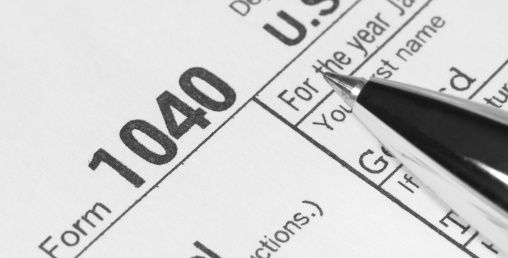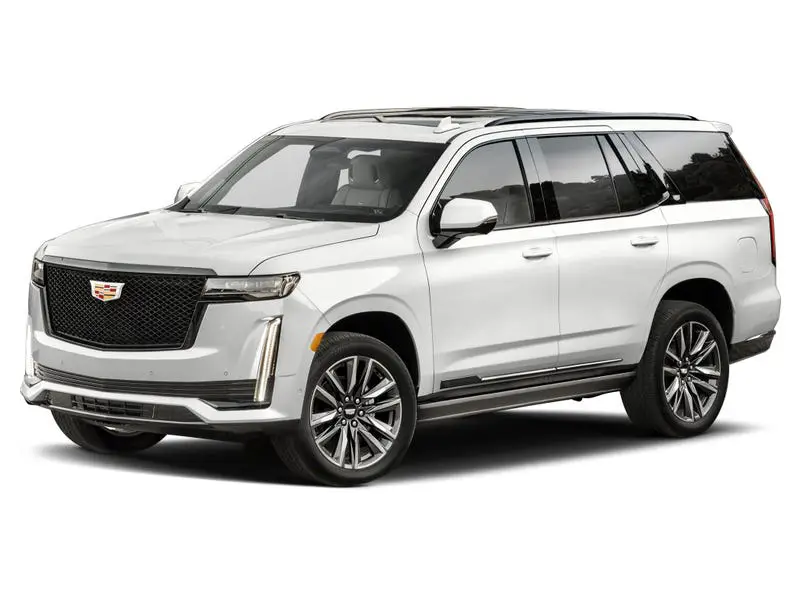You may also like
-
It's not just famous people who have to think about choices.
-
Despite what people thought at first, the years of the pandemic were good for state and local tax collections. The big jumps in 2021 and 2022 haven't carried over into 2023, but most states' earnings are still strong and well above levels before the pandemic, even when inflation is taken into account.
-
The Internal Revenue Service (IRS) changes more than 60 tax rules every year to account for inflation. This stops something called "bracket creep." People move into higher tax brackets or lose value from credits and benefits when inflation rises instead of their real income rising. This is called "bracket creep."
-
Early property taxes were generally paid by farmers and were imposed mostly on land throughout the medieval era. These days, property taxes are also imposed on assets such as real estate, and they are paid periodically by individuals or organizations.
-
Interest rates are predicted to go down as inflation goes down, but the Congressional Budget Office (CBO) says that the government's interest costs will almost double over the next ten years, reaching 3.6% of GDP in 2033.
-
As the race for president in 2024 gets under way, candidates are starting to make plans for how they would handle taxes. Getting the government corporate tax rate down from 21% to 15% is a tax plan that both former President Donald Trump and former Vice President Mike Pence supported.
-
A lot of new information about a draft multilateral tax deal was made public by the Organization for Economic Co-operation and Development (OECD) last week. The dump of documents has to do with OECD Pillar 1, Amount A, which is a plan to change where big multinational businesses pay taxes on their profits.
-
For many years, the European Union (EU) has been trying to make a single business tax base. The European Commission's recent 'Business in Europe: Framework for Income Taxation' (BEFIT) proposal and two related proposals on transfer pricing are the next steps in its legislative efforts to make the CCTB (common corporate tax base) and CCCTB (common consolidated corporate tax base) proposals law.
-
This week, we released our yearly State Business Tax Climate Index, which looks at how taxes are set up. Readers can compare state tax systems across more than 120 factors, making it a very useful diagnostic tool.
-
Prices that are marked up by a certain amount may not be taxed, but buyers still feel like they are. A clause added at the last minute to Pennsylvania bill HB 1300 would raise the minimum markup on cigarettes sold in the state.
:max_bytes(150000):strip_icc()/xcar-57f681757c764d15a89bf0a5dc50c5da.jpg)























